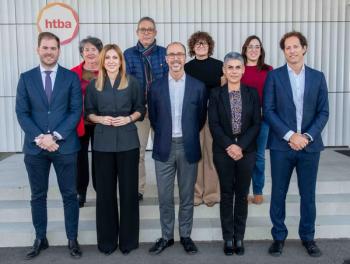
Industry Sees Sharp Uptick in Prop 65 Notices, AHPA Warns
Proposition 65 notices served to supplement companies have approximately doubled this year, said presenters at an October American Herbal Products Association (AHPA; Silver Spring, MD) webcast.
Proposition 65 notices served to supplement companies have approximately doubled this year, said presenters at an October American Herbal Products Association (AHPA; Silver Spring, MD) webcast.
Most notices have been filed by a single private plaintiff, an organization called the Environmental Research Center. More than 100 supplement companies had received 60-day notices in the four months preceding October 18, alleging that products may contain lead, and in some cases arsenic, while failing to provide warnings to consumers, said AHPA.
AHPA president Michael McGuffin said that the number of notices filed in the last four months nearly equals the number of notices filed over the entire past decade.
“We expect that this plaintiff will continue to be very active going forward,” said presenter Melissa Jones of Greenberg Traurig LLP.
California’s Prop 65 is intended to protect consumers from chemicals known to cause cancer, birth defects, or other reproductive harm. It requires products that may contain such chemicals to carry warnings on their labels. More than 850 chemicals are currently on the Prop 65 list.
McGuffin said that most filings have addressed large-format products, such as diet shakes, protein powders, and nutrition bars, for which there is a greater likelihood of finding higher levels of trace contaminants. However, he warned that notices have also been served to smaller-format products, such as capsules and tablets.
To safeguard against Prop 65, companies should vigilantly test products for trace chemicals and use appropriate warnings labels, said the presenters. “You can’t be the second one to know how much lead is in your supplement. If the first one is a plaintiff, it’s going to cost you to be the second one to know,” McGuffin said.
Newsletter
From ingredient science to consumer trends, get the intel you need to stay competitive in the nutrition space—subscribe now to Nutritional Outlook.





